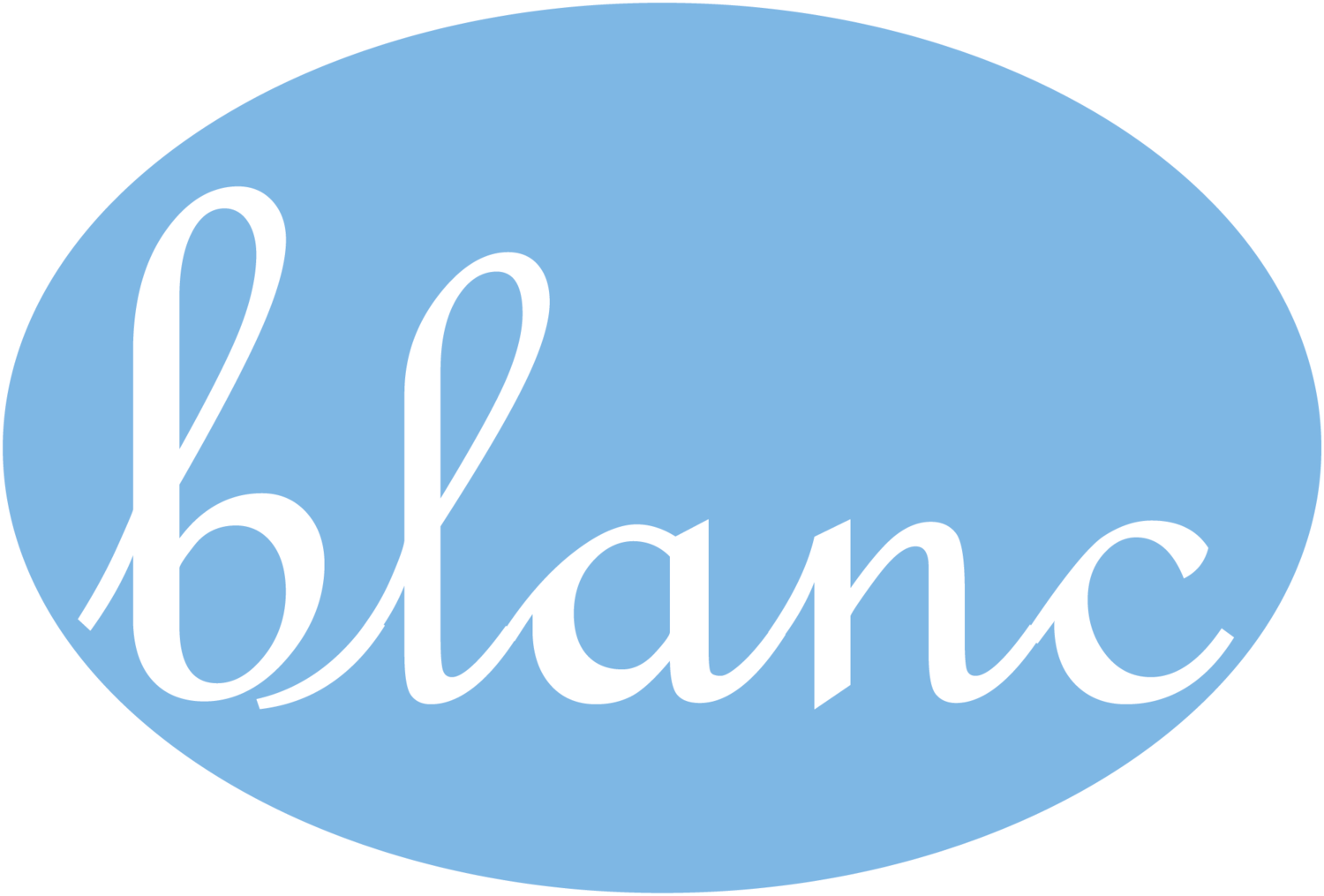Johnny Farah
{Lebanon}
Established in New York in 1980 by the Lebanese American designer of the same name, Johnny Farah offers a range of high-end leather goods including handbags, belts, shoes and accessories. Johnny Farah’s early influences came from Copenhagen. While living there in the 1970s, he developed a particular interest in the simplicity and practicality of Scandinavian architecture and furniture design. It was his life-changing encounters with architects like Arne Jacobsen and Hans Wegner that were the catalyst for Johnny’s decision to leave mechanical engineering school and concentrate on his design, which up until then was only a means to support his studies.
Throughout the 1990’s, Johnny worked as the head accessories designer for a number of high-end labels including Cole Haan and Donna Karan. Johnny now lives and works in Beirut where he operates his Johnny Farah leather workshops, owns an organic farm and two restaurants in which he frequently cooks and creates dishes.
After many years of producing at different leather goods manufactures from around the world in Spain, Brooklyn, Turkey, and Canada, gaining experience in leather crafting and learning the sometimes age old techniques of the local artisan leather craftsmen, Johnny decided to move his production to Beirut, Lebanon to open his own workshops and combine this knowledge with the artisanal craftsmen that could still be found there.
Every piece is cut by hand from premium quality vegetable-tanned hides. Molded, glued, and sewn by artisanal leather craftsmen to finish the style and bring the design to life. The brass hardware is designed by Johnny Farah and is then hand-forged from high quality solid brass in a workshop specialized in metal working, custom made for each piece, giving more character to the product. The result is a set of unique pieces belonging to a collection of meticulous craftsmanship and a distinct signature style.
Johnny Farah almost exclusively uses vegetable-tanned leathers. This guarantees a very beautiful aging of the leather with time. The process of vegetable-tanning uses tannins and other ingredients found in different vegetable matter, such as tree bark prepared in bark mills, wood, leaves, fruits, and roots. It is the ancient way to tan leathers and is eco-friendlier and has less negative impact on the environment versus the tanning of leathers involving heavy metals such as chrome and aluminum.
Because of this more natural process, natural defects like scars and some discoloration is usually apparent but is considered as part of the design, giving more character and uniqueness to the product. Their brass hardware is 100% solid brass that is hand forged in a specialized metal workshop and will also age nicely with time.

